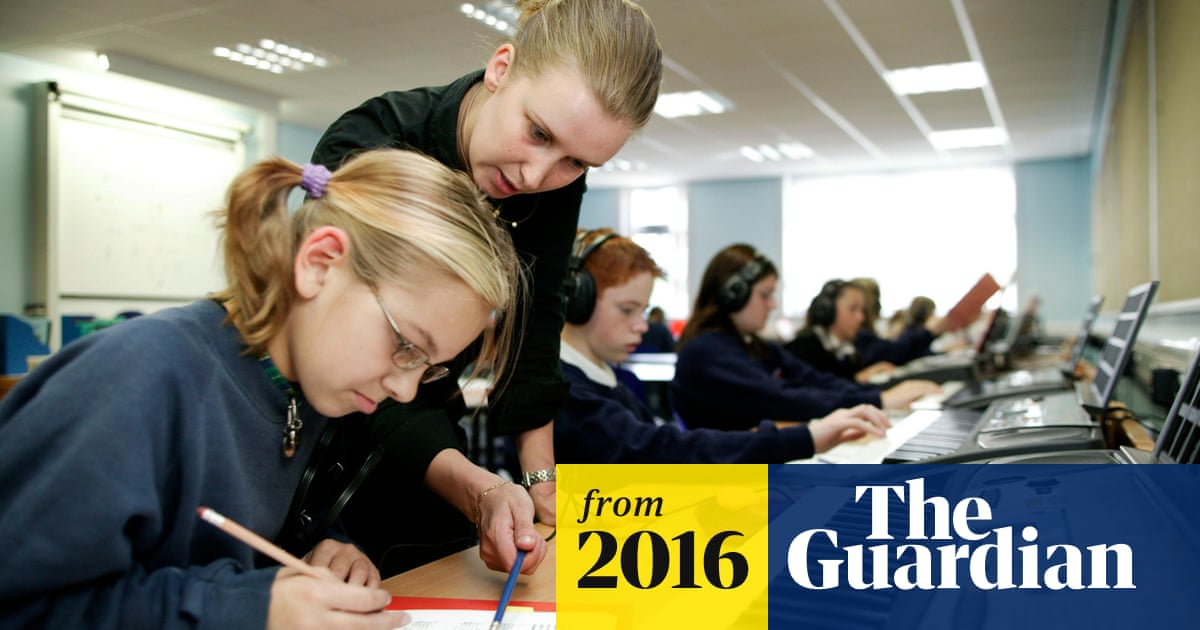Music and leisure in the C21 has a very substantial element of being " event driven".
As we all know, the issue of inability to access a wide of music easily or cheaply, or on demand, the issue that all of us grew up with, has all but gone in places like the UK. The other side of the coin is now a potentially baffling and limitless range of music(s), in which it is hard to find that which is both new to and appealing to us.
At the same time, the rise of the collective event, such as festivals, immersion days, multimedia events, curated residencies and so on, provide increasing opportunities for us to access that in which others find great value.
I'd suggest that younger people, 20 and 30 somethings have grown up in a culture where these things are far more prevalent, and that they provide a focus that have to an extent replaced the collective experiences of yesterday, As an example, Rock and pop festivals as multi media events have , I suspect, replaced the pop charts as a collective experience for that kind of music. Womad replacing R1's coverage of World music, and so on.
I think to help broaden musical horizons for individuals, the BBC needs to key into this sense of event. The Proms still manage to do this , to an extent, and there must be opportunities to use events, locations, leisure time slots, key personalities to draw people to the music that the movers and shakers deem worthy.
So I'm thinking of personalities ( ) such as Jonny Greenwood of Radiohead, locations like the Roundhouse, cross cultural events ( check out the queues at Tate Modern each weekend) , and musical events that already cross specific musical genres.
) such as Jonny Greenwood of Radiohead, locations like the Roundhouse, cross cultural events ( check out the queues at Tate Modern each weekend) , and musical events that already cross specific musical genres.
I think I rambled there......
As we all know, the issue of inability to access a wide of music easily or cheaply, or on demand, the issue that all of us grew up with, has all but gone in places like the UK. The other side of the coin is now a potentially baffling and limitless range of music(s), in which it is hard to find that which is both new to and appealing to us.
At the same time, the rise of the collective event, such as festivals, immersion days, multimedia events, curated residencies and so on, provide increasing opportunities for us to access that in which others find great value.
I'd suggest that younger people, 20 and 30 somethings have grown up in a culture where these things are far more prevalent, and that they provide a focus that have to an extent replaced the collective experiences of yesterday, As an example, Rock and pop festivals as multi media events have , I suspect, replaced the pop charts as a collective experience for that kind of music. Womad replacing R1's coverage of World music, and so on.
I think to help broaden musical horizons for individuals, the BBC needs to key into this sense of event. The Proms still manage to do this , to an extent, and there must be opportunities to use events, locations, leisure time slots, key personalities to draw people to the music that the movers and shakers deem worthy.
So I'm thinking of personalities (
 ) such as Jonny Greenwood of Radiohead, locations like the Roundhouse, cross cultural events ( check out the queues at Tate Modern each weekend) , and musical events that already cross specific musical genres.
) such as Jonny Greenwood of Radiohead, locations like the Roundhouse, cross cultural events ( check out the queues at Tate Modern each weekend) , and musical events that already cross specific musical genres. I think I rambled there......





Comment